|
WE SET A NEW RECORD!
We want to give a 𝙃𝙐𝙂𝙀 shoutout to everyone who joined us this past Saturday, April 1st, for the Whippoorwill Volunteer day! 𝗪𝗲 𝗵𝗮𝗱 𝗮 𝗿𝗲𝗰𝗼𝗿𝗱 𝗻𝘂𝗺𝗯𝗲𝗿 𝗼𝗳 𝘃𝗼𝗹𝘂𝗻𝘁𝗲𝗲𝗿𝘀 𝗷𝗼𝗶𝗻 𝘂𝘀 𝗱𝘂𝗿𝗶𝗻𝗴 𝘁𝗵𝗶𝘀 𝗲𝘃𝗲𝗻𝘁, 𝘄𝗶𝘁𝗵 𝟳𝟬 𝘃𝗼𝗹𝘂𝗻𝘁𝗲𝗲𝗿𝘀 𝗶𝗻 𝘁𝗼𝘁𝗮𝗹! Thanks to all of you, we were able to move rocks from the lake bed and fill another row of gabions which will help to halt shoreline erosion! This effort helped us to save time and energy for our upcoming (Not) Work Week which will focus on preserving this beautiful area. Do you want to stay up to date on our volunteer opportunities? 𝘉𝘦 𝘴𝘶𝘳𝘦 𝘵𝘰 𝘴𝘶𝘣𝘴𝘤𝘳𝘪𝘣𝘦 𝘵𝘰 𝘰𝘶𝘳 𝘦𝘮𝘢𝘪𝘭 𝘭𝘪𝘴𝘵 Photo: Matt Carpenter
0 Comments
CALL FOR VOLUNTEERS!
We are excited to announce that registration is now OPEN for [𝘕𝘰𝘵] 𝘞𝘰𝘳𝘬 𝘞𝘦𝘦𝘬 2023!! Every year a group of YOU, our amazing volunteers, get together for a week full of stewardship projects, community building, and good times. We would love for you to join us. [𝗡𝗼𝘁] 𝗪𝗼𝗿𝗸 𝗪𝗲𝗲𝗸 𝗶𝘀 𝗳𝗿𝗼𝗺 𝗦𝗮𝘁𝘂𝗿𝗱𝗮𝘆, 𝗠𝗮𝘆 𝟭𝟯𝘁𝗵 – 𝗦𝗮𝘁𝘂𝗿𝗱𝗮𝘆 𝗠𝗮𝘆 𝟮𝟬𝘁𝗵 Wondering what awesome projects we have in store for you this year? This year we will be focusing on projects at Whippoorwill at Summersville Lake! We will be… -𝗖𝗼𝗺𝗽𝗹𝗲𝘁𝗶𝗻𝗴 𝘁𝗵𝗲 𝗴𝗮𝗯𝗶𝗼𝗻 𝘄𝗮𝗹𝗹 𝘁𝗵𝗮𝘁 𝘄𝗮𝘀 𝘀𝘁𝗮𝗿𝘁𝗲𝗱 𝗶𝗻 𝗢𝗰𝘁𝗼𝗯𝗲𝗿 𝟮𝟬𝟮𝟮 -𝗕𝘂𝗶𝗹𝗱𝗶𝗻𝗴 𝗮 𝘀𝘁𝗮𝗶𝗿𝗰𝗮𝘀𝗲 𝗮𝗹𝗼𝗻𝗴 𝘁𝗵𝗲 𝗱𝗼𝘄𝗻𝘀𝘁𝗿𝗲𝗮𝗺 𝘀𝗶𝗱𝗲 𝘄𝗵𝗶𝗰𝗵 𝘄𝗶𝗹𝗹 𝗶𝗺𝗽𝗿𝗼𝘃𝗲 𝗮𝗰𝗰𝗲𝘀𝘀 𝗳𝗿𝗼𝗺 𝘁𝗵𝗲 𝘁𝗼𝗽 𝗱𝗼𝘄𝗻 -𝗜𝗺𝗽𝗿𝗼𝘃𝗶𝗻𝗴 𝗴𝘂𝗹𝗹𝘆 𝗮𝗰𝗰𝗲𝘀𝘀 𝗮𝗯𝗼𝘃𝗲 𝘁𝗵𝗲 𝗰𝗹𝗶𝗳𝗳 𝗯𝗮𝗻𝗱 𝗮𝗻𝗱 𝗮𝗻 𝗮𝗹𝘁𝗲𝗿𝗻𝗮𝘁𝗶𝘃𝗲 𝘁𝗿𝗮𝗶𝗹 𝘁𝗵𝗮𝘁 𝘄𝗶𝗻𝗱𝘀 𝗼𝘂𝘁 𝗼𝗳 𝘁𝗵𝗲 𝗴𝘂𝗹𝗹𝘆 𝗮𝗻𝗱 𝗷𝗼𝗶𝗻𝘀 𝘄𝗶𝘁𝗵 𝘁𝗵𝗲 𝗮𝗽𝗽𝗿𝗼𝗮𝗰𝗵 𝘁𝗿𝗮𝗶𝗹 𝗮𝘁 𝘁𝗵𝗲 𝘁𝗼𝗽 𝘈𝘊𝘛 𝘍𝘈𝘚𝘛 𝘣𝘦𝘤𝘢𝘶𝘴𝘦 𝘵𝘩𝘦𝘳𝘦 𝘢𝘳𝘦 𝘢 𝘭𝘪𝘮𝘪𝘵𝘦𝘥 𝘯𝘶𝘮𝘣𝘦𝘳 𝘰𝘧 𝘷𝘰𝘭𝘶𝘯𝘵𝘦𝘦𝘳 𝘴𝘱𝘰𝘵𝘴 𝘧𝘰𝘳 𝘦𝘢𝘤𝘩 𝘥𝘢𝘺 𝘢𝘯𝘥 𝘵𝘩𝘪𝘴 𝘦𝘷𝘦𝘯𝘵 𝘸𝘪𝘭𝘭 𝘧𝘪𝘭𝘭 𝘶𝘱 𝘲𝘶𝘪𝘤𝘬𝘭𝘺! 𝘝𝘰𝘭𝘶𝘯𝘵𝘦𝘦𝘳𝘴 𝘔𝘜𝘚𝘛 𝘳𝘦𝘨𝘪𝘴𝘵𝘦𝘳 𝘪𝘯 𝘢𝘥𝘷𝘢𝘯𝘤𝘦. We invite you to join us for a day, a weekend or even the entire week! All volunteers will receive free camping at the NPS Burnwood Campground, meals to include breakfast and dinner, an event t-shirt, and cool swag from our brand sponsors! 𝙒𝙖𝙣𝙩 𝙩𝙤 𝙧𝙚𝙜𝙞𝙨𝙩𝙚𝙧 𝙩𝙤𝙙𝙖𝙮? 𝙑𝙞𝙨𝙞𝙩 𝙩𝙝𝙚 𝙡𝙞𝙣𝙠 𝙞𝙣 𝙤𝙪𝙧 𝙗𝙞𝙤! 🔗 Questions? Email: [email protected] A message from Matt, our President:
"I first want to thank all our donors, volunteers, and those who support and continue to support our organization! None of our work would be made possible without your support! This week I traveled to Washington, DC, where several of us have spent the last few days with the Access Fund (@accessfund) lobbying our senators to support America's Outdoor Recreation Act (AORA) and Protect America's Rock Climbing Act (PARCA). Fixed anchors in the wilderness are threatened due to policy changes in land managing agencies. AORA and PARCA are bipartisan bills that aim to protect fixed anchors in the wilderness and establish rock climbing as an officially recognized and accepted the use of wilderness areas. This matters to us at the NRG even though none of our climbing is in wilderness areas because many of us travel and climb in these threatened areas. They are part of our community. Senators seemed receptive to our plea and promised to support outdoor recreation industries. However, the fight is far from over, as we expect bill markups sometime around May. It'll require more action by writing our legislators to support AORA/PARCA. We've been working on revamping our rebolting program. We hosted a training day where we taught some of the ins and outs of bolt replacement techniques, and we will continue to train a new cohort of rebolters. We'll also rebolt much of the Tattoo Wall at Bubba City in April. Our largest trail-building project of the year, (Not) Work Week, is happening from May 13th-20th! Sign-ups will open up shortly, so stay tuned and be sure to sign up to volunteer! The Climber Stewards Program is back in partnership with the Access Fund! This program was wildly successful last year, and we're excited to continue it. So be on the lookout for the Stewards at the Crag from May thru October! Meadow River access... While I have nothing definitive to offer now, many of our brightest minds are all working hard to restore access. The future looks bright. Let's keep working together to preserve our well-loved climbing areas!" NRAC’s annual Diversity in Guiding Grant has partnered with Climbing for Change for the past two years to award two BIPOC recipients the funds needed to obtain their AMGA Single Pitch Instructor certification. It's not to late to apply for the scholarship!
CRITERIA: Funds will be awarded to any BIPOC-led local or regional diversity, equity, and inclusion work or project. The Dr. Paul Nelson Memorial Scholarship is awarded annually to a student-climber who exemplifies the passion that defined Paul’s life and contributions to the New River Gorge region. It's not too late to apply for the scholarship!
CRITERIA:
THIS SATURDAY NIGHT!
We are kicking off the season with Reel Rock 17, and you're invited! Join us for an evening of community, prizes, and excitement as we kick off the spring season by showing "Reel Rock 17" at The Outpost Campground in the New River Gorge on 𝗦𝗮𝘁𝘂𝗿𝗱𝗮𝘆, 𝗔𝗽𝗿𝗶𝗹 𝟭𝘀𝘁, 𝗳𝗿𝗼𝗺 𝟳:𝟬𝟬-𝟭𝟬:𝟬𝟬 𝗽.𝗺. (No, this is not an April Fools' joke!) You can grab a ticket in advance (link in bio) or at the door. We are asking for a suggested donation of $15 per ticket. 100% of the proceeds from the event will go toward preserving our well-loved climbing areas! Doors: 7:00 p.m. Film: 8:00 p.m. We'll also be raffling off some great prizes from our sponsors and have snacks and drinks available for donation. 📍The Outpost Campground: 843 Fayette Station Rd, Fayetteville, WV 𝘏𝘢𝘱𝘱𝘺 𝘔𝘰𝘯𝘥𝘢𝘺 𝘵𝘰 𝘵𝘩𝘦 𝘕𝘙𝘈𝘊 𝘤𝘰𝘮𝘮𝘶𝘯𝘪𝘵𝘺! You may have noticed that we have been focusing a lot on climber impacts over the past week and different strategies that you can use to help minimize your impact.
𝗧𝗼𝗱𝗮𝘆 𝘄𝗲 𝗮𝗿𝗲 𝗴𝗼𝗶𝗻𝗴 𝘁𝗼 𝗯𝗲 𝘀𝗽𝗲𝗮𝗸𝗶𝗻𝗴 𝘁𝗼 𝗼𝘂𝗿 𝗽𝗲𝗯𝗯𝗹𝗲 𝘄𝗿𝗲𝘀𝘁𝗹𝗶𝗻𝗴 𝗳𝗿𝗶𝗲𝗻𝗱𝘀 𝘀𝗽𝗲𝗰𝗶𝗳𝗶𝗰𝗮𝗹𝗹𝘆 𝗮𝗻𝗱 𝗵𝗶𝗴𝗵𝗹𝗶𝗴𝗵𝘁𝗶𝗻𝗴 𝗮 𝗳𝗲𝘄 𝘄𝗮𝘆𝘀 𝘁𝗵𝗮𝘁 𝘄𝗲 𝗰𝗮𝗻 𝗺𝗶𝗻𝗶𝗺𝗶𝘇𝗲 𝗶𝗺𝗽𝗮𝗰𝘁 𝘄𝗵𝗶𝗹𝗲 𝗯𝗼𝘂𝗹𝗱𝗲𝗿𝗶𝗻𝗴 So, how do you start to boulder smart?? 𝘿𝙚𝙘𝙠 𝙮𝙤𝙪𝙧 𝙥𝙖𝙙𝙨! Avoid digging up the landing zone or stacking rocks, etc. to make the base of the boulder suitable for landing. Instead, stack and double up pads to create the flat zone that you are looking for to be kinder to the natural habitat of the area! 𝘾𝙡𝙚𝙖𝙣 𝙮𝙤𝙪𝙧 𝙘𝙝𝙖𝙡𝙠! Tick marks and chalk build up are like trash, so please try to clean up the boulder that you are climbing on! You can use a brush and even small amounts of water to clean your chalk or tick marks that may have been left by you or previous climbers. 𝘿𝙤𝙣'𝙩 𝙩𝙖𝙠𝙚 𝙨𝙝𝙤𝙧𝙩𝙘𝙪𝙩𝙨! I know, everybody loves a shortcut but when it comes to the crags you are visiting please stick to the most heavily used trails between boulders. Avoid using social trails that trample vegetation over time. 𝙇𝙚𝙖𝙫𝙚 𝙣𝙤 𝙩𝙧𝙖𝙘𝙚! It may seem obvious, but before leaving the area be sure to scan for any left behind trash like wads of tape, wrappers, plastic bottles etc. You can even restore a more natural look to your landing zone by placing some pine needles, leaves, twigs before you head off! We hope you can take these quick tips on your next day out at the crag! Let's continue to help 𝗞𝗲𝗲𝗽 𝗪𝗩 𝗪𝗶𝗹𝗱 𝗮𝗻𝗱 𝗪𝗼𝗻𝗱𝗲𝗿𝗳𝘂𝗹 and share this post with all your climbing buddies! **The information in this post was gathered from Climbing.com, “How to Reduce Your Impact While Bouldering” "I've only lived in the New River Gorge area since 2015. Still, it's certainly been long enough for me to see how much our presence in these beloved outdoor spaces has impacted some of my favorite climbing areas.
I'll never forget when I sent "Bimbo Shrine" at Kaymoor. I recall using this right-hand side-pull slot hold that a friend had pointed out for the sequence to work and for me to snag the send... At the time, the hold had no chalk and was incredibly hard to see. However, whenever I return, I find that same hold plastered with chalk, feeling worse every time I grab it. I share this not to complain that no one is brushing the holds. Instead, I share this to highlight how different an experience it is now to enjoy the same route, landscape, or climbing area. It is different because the impact has accumulated. As a result, my experience in this space and those who come after me will likely always be different. They won't have the joy of finding that secret hold for themselves (or with help from a friend!). That said, 𝗵𝗲𝗿𝗲 𝗮𝗿𝗲 𝗮 𝗳𝗲𝘄 𝘁𝗵𝗶𝗻𝗴𝘀 𝘁𝗵𝗮𝘁 𝗜 𝗽𝗲𝗿𝘀𝗼𝗻𝗮𝗹𝗹𝘆 𝗱𝗼 𝘁𝗼 𝗺𝗶𝗻𝗶𝗺𝗶𝘇𝗲 𝗺𝘆 𝗶𝗺𝗽𝗮𝗰𝘁 𝗼𝗻 𝗺𝘆 𝗳𝗮𝘃𝗼𝗿𝗶𝘁𝗲 𝗰𝗹𝗶𝗺𝗯𝗶𝗻𝗴 𝗮𝗿𝗲𝗮𝘀 𝗶𝗻 𝗮𝗻𝗱 𝗮𝗿𝗼𝘂𝗻𝗱 𝘁𝗵𝗲 𝗡𝗲𝘄 𝗥𝗶𝘃𝗲𝗿 𝗚𝗼𝗿𝗴𝗲: -I choose to avoid climbing in highly populated areas on the weekends or during peak times. -I try to brush all the holds on the boulder or routes I climb on. -I volunteer my time to organizations such as NRAC for trail improvement projects. I hope my actions inspire the actions of others so that we all can have an enjoyable outdoor experience for years to come." -Kristi, Outreach Committee Chair Photo by Lukas Jaekel In an effort to remove parking and people from the shoulder of southbound Route 19, just north of the meadow river, the West Virginia Department of Highways has created a new parking area on the left side of Deitz Road.
To get there, turn off Route 19 onto Underwood Road and left onto Deitz Road. You should see the parking lot on the left. This lot can fit about 20 vehicles, so please carpool to the crag! Parking is not permitted on the shoulder of Route 19! Hope everyone is enjoying the great weather this week! As climbers, it is important for us to recognize the impacts that we have on the areas that we visit and enjoy. For that reason, we want to highlight some things that you may not think about when you are out enjoying your day at the crag!
Last week, we highlighted a few things you can do to reduce your impact by respecting the land, established trails and vegetation that you come in contact with. 𝘓𝘦𝘵'𝘴 𝘨𝘦𝘵 𝘢 𝘭𝘪𝘵𝘵𝘭𝘦 𝘮𝘰𝘳𝘦 𝘴𝘱𝘦𝘤𝘪𝘧𝘪𝘤 𝘸𝘪𝘵𝘩 𝘰𝘶𝘳 𝘯𝘦𝘹𝘵 𝘴𝘦𝘵 𝘰𝘧 𝘤𝘭𝘪𝘮𝘣𝘦𝘳 𝘪𝘮𝘱𝘢𝘤𝘵𝘴 𝘣𝘦𝘭𝘰𝘸⬇️ -𝗦𝗼𝗺𝗲 𝗺𝗼𝘀𝘀 𝗮𝗻𝗱 𝗹𝗶𝗰𝗵𝗲𝗻𝘀 𝗰𝗮𝗻 𝘁𝗮𝗸𝗲 𝗮 𝘃𝗲𝗿𝘆 𝗹𝗼𝗻𝗴 𝘁𝗶𝗺𝗲 𝘁𝗼 𝗴𝗿𝗼𝘄, 𝗿𝗲𝗺𝗼𝘃𝗶𝗻𝗴 𝘁𝗵𝗲𝗺 𝗸𝗶𝗹𝗹𝘀 𝘁𝗵𝗲𝗺 -𝗠𝗼𝘃𝗶𝗻𝗴 𝗿𝗼𝗰𝗸𝘀 𝗱𝗲𝘀𝘁𝗿𝗼𝘆𝘀 𝗵𝗮𝗯𝗶𝘁𝗮𝘁. 𝗧𝗿𝘆 𝘁𝗼 𝗮𝘃𝗼𝗶𝗱 𝗺𝗮𝗻𝘂𝗳𝗮𝗰𝘁𝘂𝗿𝗶𝗻𝗴 𝗯𝗼𝘂𝗹𝗱𝗲𝗿 𝗹𝗮𝗻𝗱𝗶𝗻𝗴𝘀 𝗼𝗿 𝘀𝘁𝗮𝗰𝗸𝗶𝗻𝗴 𝗿𝗼𝗰𝗸𝘀 𝘁𝗼 𝘀𝘁𝗮𝗿𝘁 𝗮 𝗿𝗼𝘂𝘁𝗲 -𝗬𝗼𝘂 𝗺𝗶𝗴𝗵𝘁 𝗵𝗮𝘃𝗲 𝗸𝗻𝗼𝘄𝗻 𝘆𝗼𝘂 𝘀𝗵𝗼𝘂𝗹𝗱 𝘂𝘀𝗲 𝗮 𝗪𝗮𝗴𝗕𝗮𝗴 𝗳𝗼𝗿 𝘆𝗼𝘂𝗿 𝗽𝗼𝗼𝗽, 𝗯𝘂𝘁 𝗱𝗶𝗱 𝘆𝗼𝘂 𝗸𝗻𝗼𝘄 𝘄𝗵𝗲𝗿𝗲 𝘆𝗼𝘂 𝗽𝗲𝗲 𝗺𝗮𝘁𝘁𝗲𝗿𝘀 𝘁𝗼𝗼? 𝗗𝗼𝗻’𝘁 𝗽𝗲𝗲 𝘂𝗻𝗱𝗲𝗿 𝗼𝘃𝗲𝗿𝗵𝗮𝗻𝗴𝘀 𝗼𝗿 𝗶𝗻 𝗼𝘁𝗵𝗲𝗿 𝗮𝗿𝗲𝗮𝘀 𝘄𝗵𝗲𝗿𝗲 𝗿𝗮𝗶𝗻 𝗶𝘀 𝘂𝗻𝗹𝗶𝗸𝗲𝗹𝘆 𝘁𝗼 𝘄𝗮𝘀𝗵 𝘁𝗵𝗲 𝘀𝗮𝗹𝘁𝘀 𝗮𝗻𝗱 𝗮𝗰𝗶𝗱𝘀 𝗮𝘄𝗮𝘆 We hope you can take away these points and share them with others, the more we share this valuable information the more we can help to preserve and sustain our most beloved lands! -𝙎𝙃𝘼𝙍𝙀 𝙩𝙝𝙞𝙨 𝙥𝙤𝙨𝙩 𝙩𝙤 𝙝𝙚𝙡𝙥 𝙨𝙥𝙧𝙚𝙖𝙙 𝙤𝙪𝙧 𝙘𝙖𝙢𝙥𝙖𝙞𝙜𝙣! |
NewsArchives
July 2024
Categories
All
|
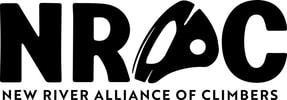
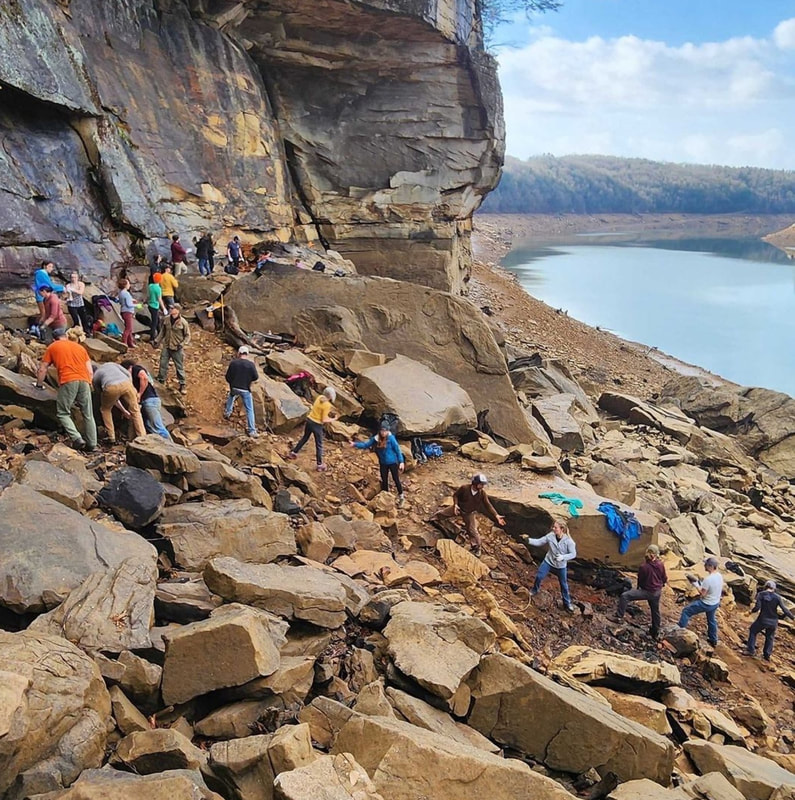
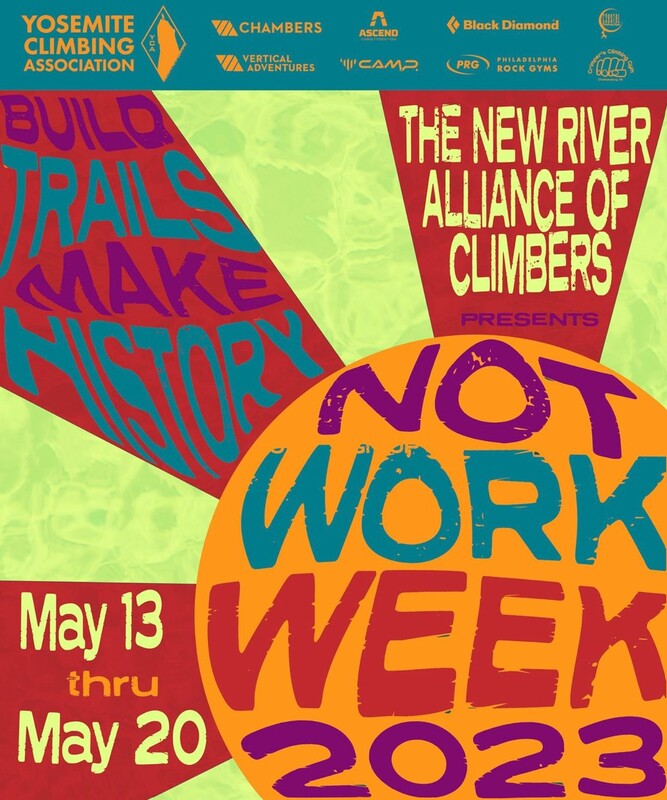
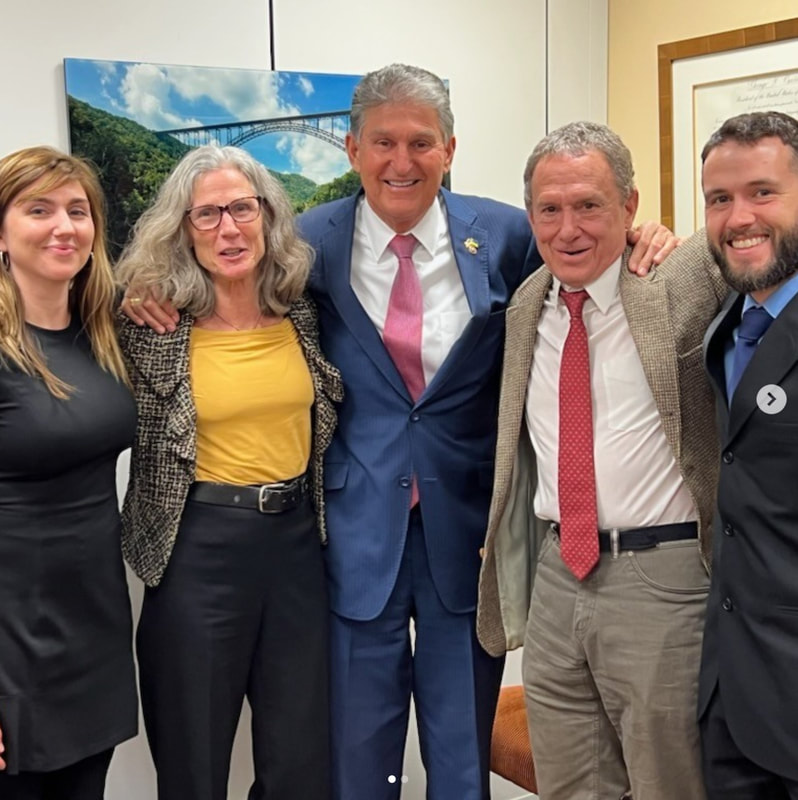
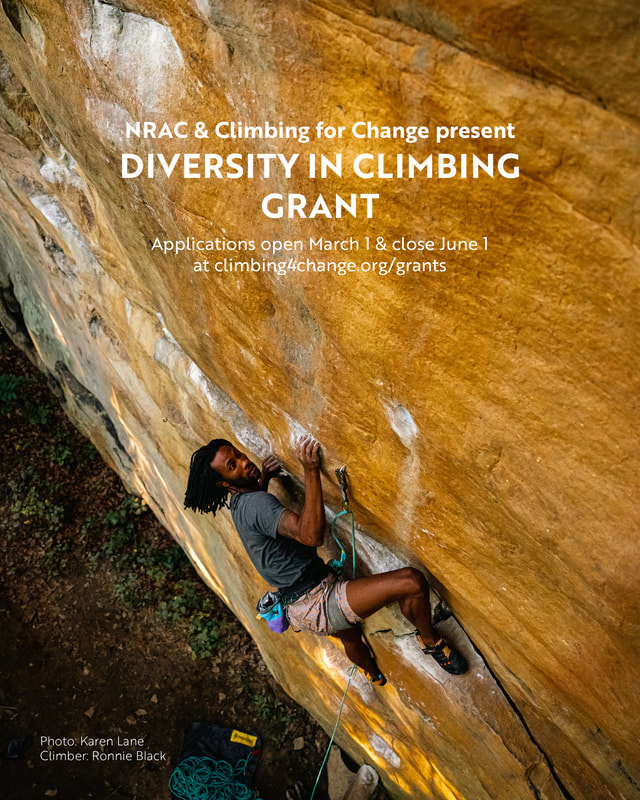
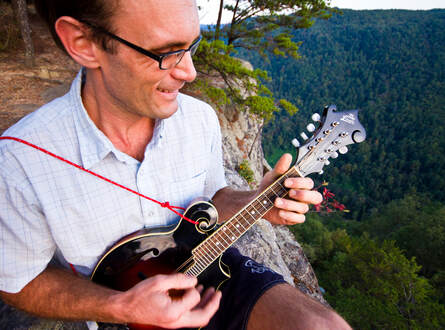
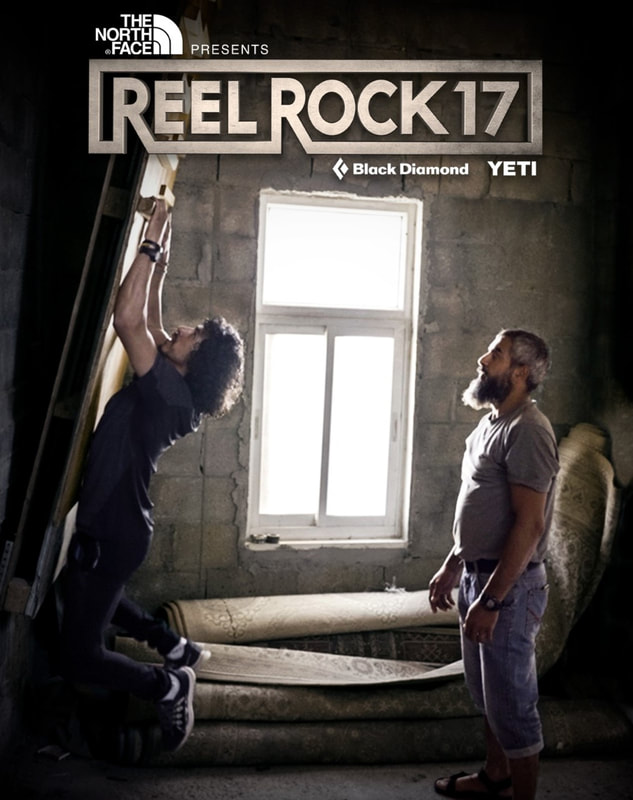
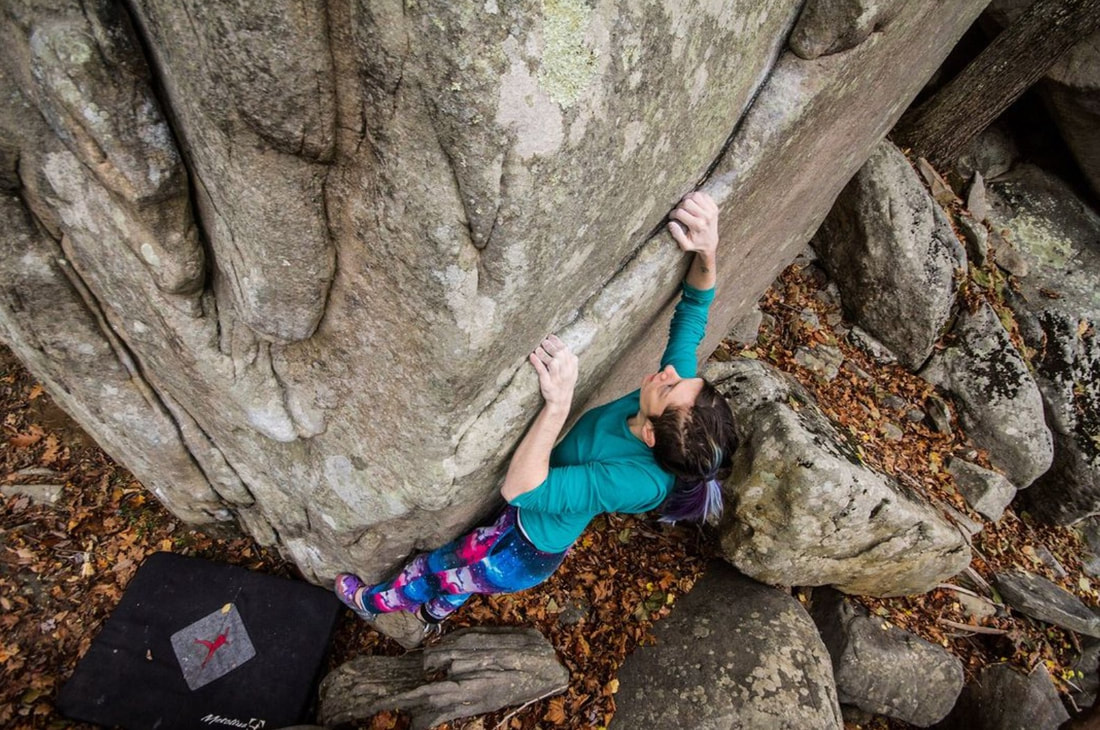
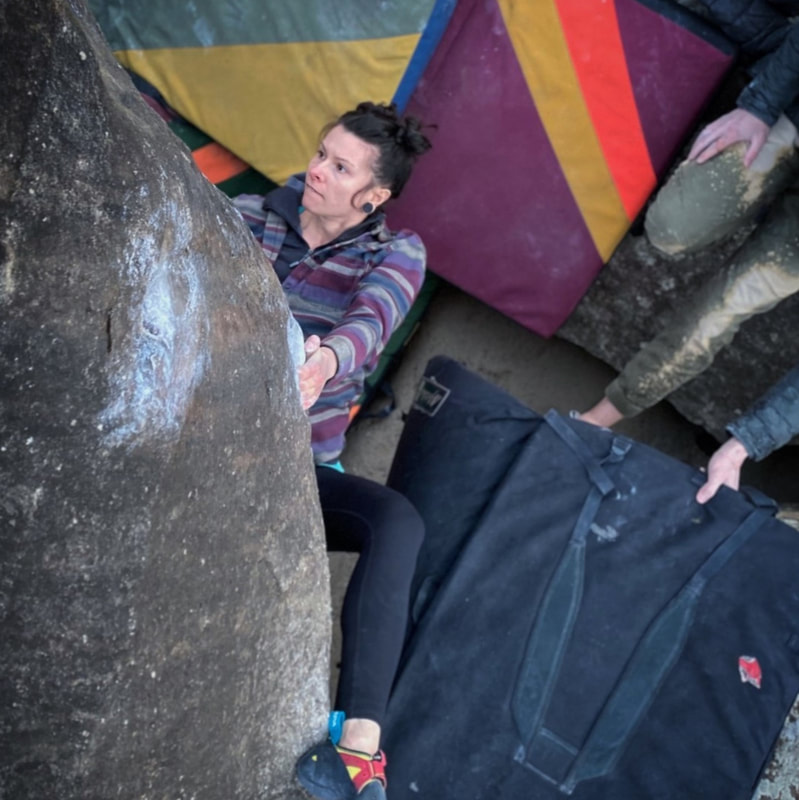
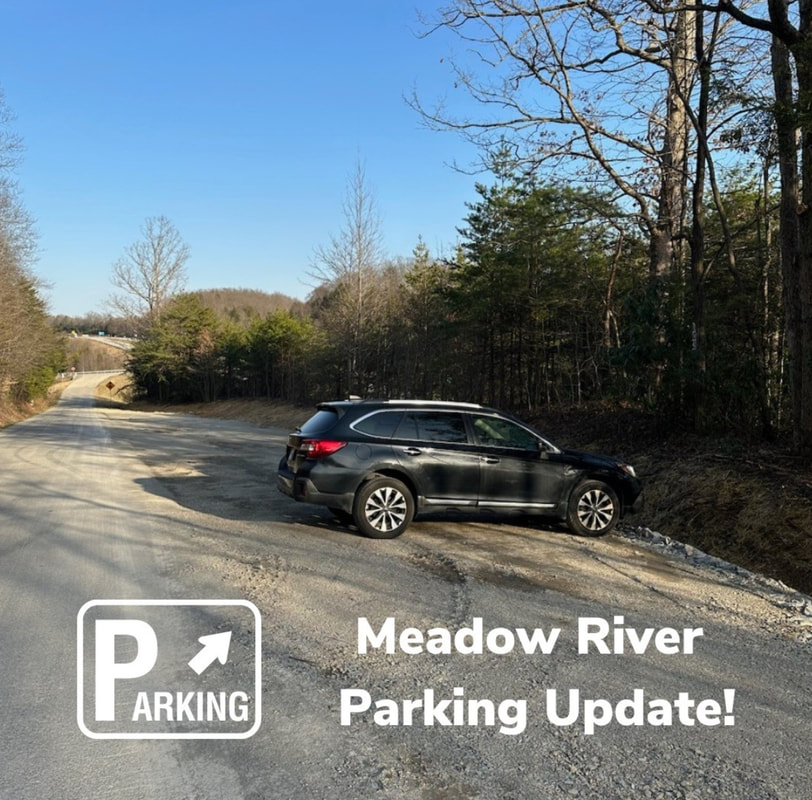
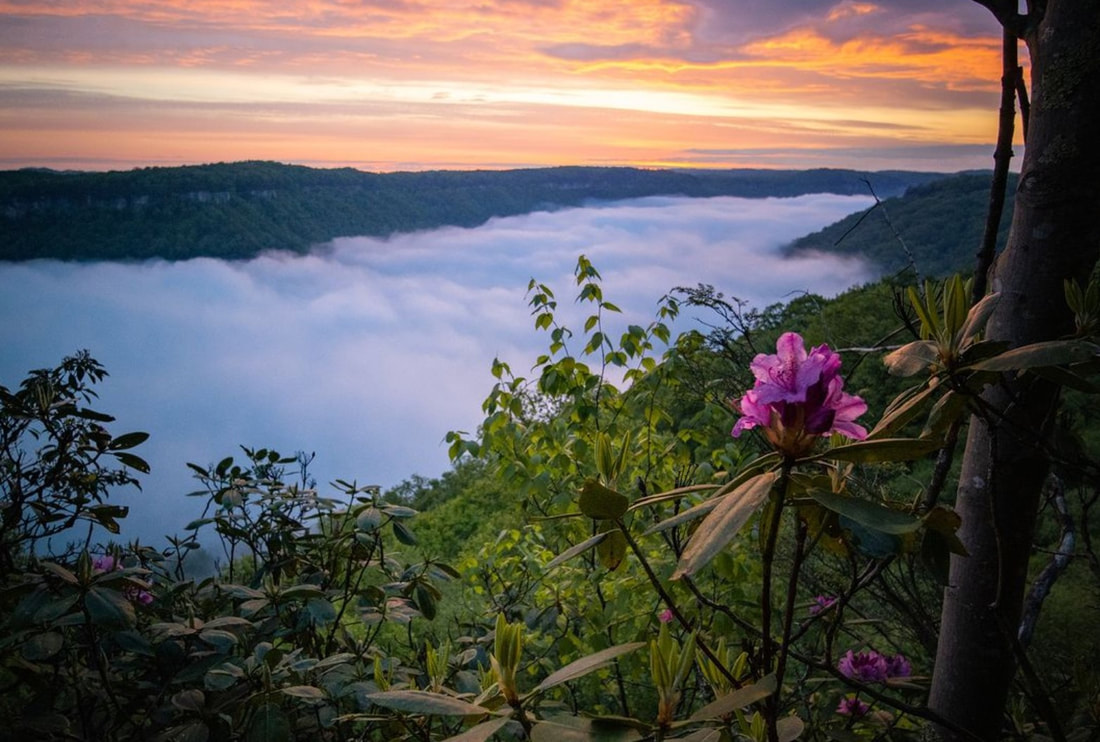
 RSS Feed
RSS Feed